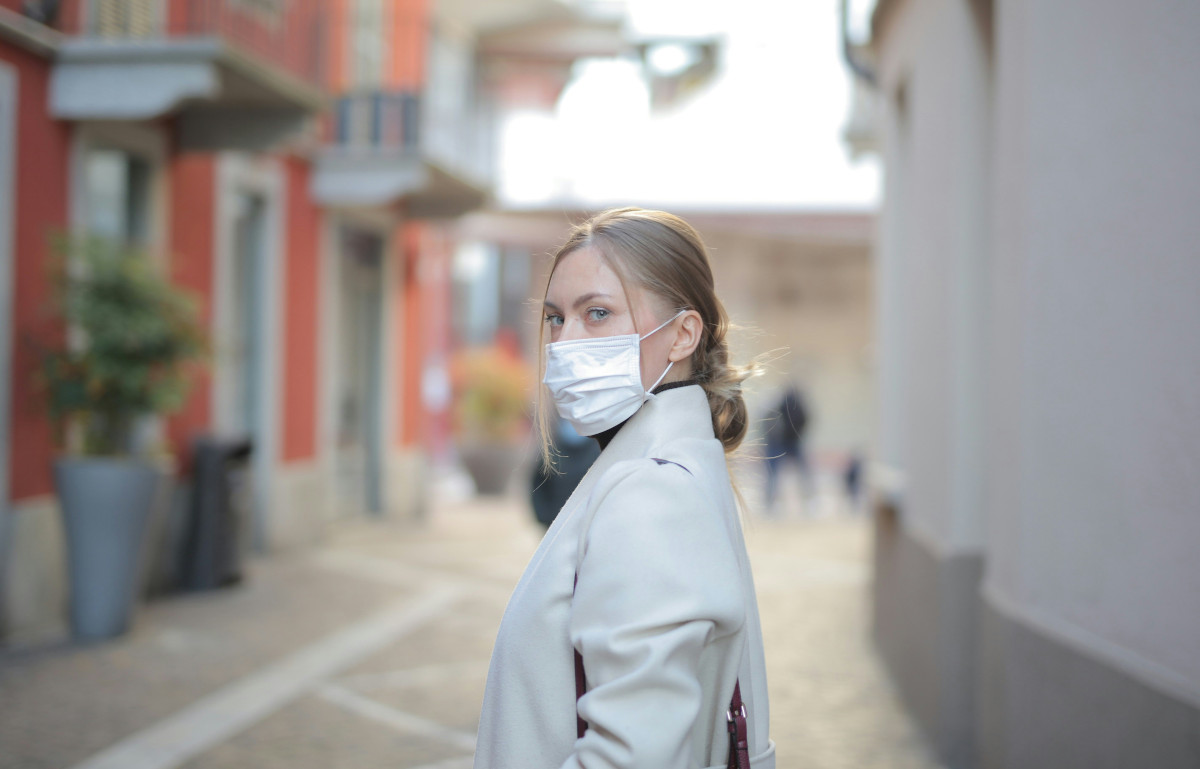Key points you should know:
- The McMaster GRADE Centre and Cochrane Canada developed more than 100 recommendations for Long COVID. However, experts say some of these guidelines could harm people with Long COVID.
- Some recommend controversial and scientifically unsupported therapies for the disease: exercise and cognitive behavioral therapy. These treatments mirror harmful and debunked recommendations for myalgic encephalomyelitis. They also contradict major guidelines.
- The majority of pediatric guideline developers came from the same children’s hospital that parents say has psychologized their children’s symptoms. And one committee member has an inconsistently disclosed conflict of interest.
- Professor emeritus Paul Garner attempted to influence the advisory committee, according to emails obtained through a public information access request.
- The organizations provided only one week for public comments on the recommendations. Many people with Long COVID stopped responding because they felt their voices were not being heard.


